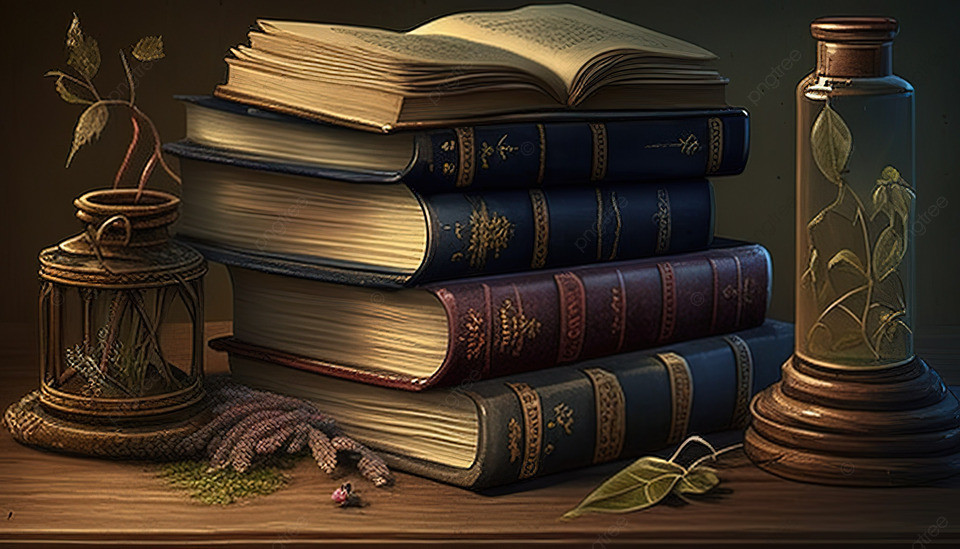 Photo by: NovaWind
Photo by: NovaWind
“Green procurement should be seen as an element of a unified system of government and industry incentives for “sustainability” business development. It makes sense for companies to spend resources on assessing their sustainability if the outcome is that they gain access to new orders and new markets.
At the moment, there are the first “swallows” in this direction. The Russian environmental operator has announced an initiative for green procurement, but so far it only concerns the use of recyclable materials (the Russian government has introduced a resolution that from 2023 will specify the minimum share of recyclable materials in procurement documents for certain types of goods for state and municipal purchases).
This is an important step towards a circular economy, but it is far from exhaustive. In green procurement, it is logical to consider the entire life cycle of products. The strategy that Roskachevo, fertilizer producer PhosAgro and the League of Green Brands will develop on behalf of the Ministry of Agriculture will contain criteria that will give manufacturers the right to label their products as “green”. It will include a life-cycle assessment . This could be the first step towards creating an ecosystem of support measures for the green manufacturer, including green procurement, green finance and green shelves.
Whether individual ’specialised’ projects and initiatives can be contained within a single sustainability framework will depend on open dialogue between business and government regulators. The number of investors interested in ESG projects will objectively decrease. Therefore, the development of a system of state incentives for the development of the green economy becomes relevant.
Cover photo: NovaWind








Comments